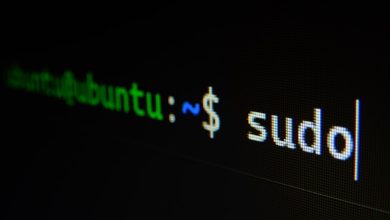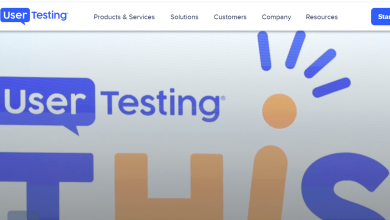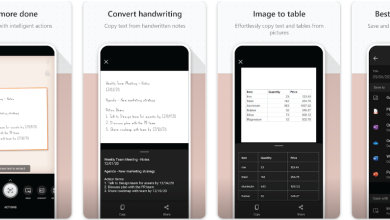Best Safety Solutions for Remote Working Nonprofits

Many nonprofits have adopted remote working policies due to the impact of the novel coronavirus. Not only does remote working often boost productivity and, in many cases, morale, but it helps nonprofits slash costs during a period of economic uncertainty. But while remote working offers many benefits, it can also lead to cybersecurity risks.
Hackers nowadays are targeting remote workers with phishing emails, web-borne browser attacks, whaling scams, and malware like ransomware, spyware, and Trojans because distracted staff operating in isolation are more likely to make security mistakes. Additionally, many nonprofit remote workers that are usually on the go and connectto less secure public WiFi connections are vulnerable to network attacks. Fortunately, there are some solutions that can shield your nonprofit from cybersecurity threats:
1. Secure Constituent Management Software (CRM)
Most nonprofits rely on the best membership management software to enhance productivity and workflow. Scure CRM tools, like the one from Sumac, also offer extra security with PA-DSS certification, the top level of software protection for the secure handling of payment data. Their servers are also on Amazon Web Services (AWS) for the most reliable infrastructure. Additionally, the CRM data access can be customized on a need-to-know basis to secure donor, client, and volunteer information.
2. Cloud Solutions
A growing number of nonprofits are shifting their infrastructure to cloud-based solutions because locally stored data and software are more susceptible to hacks and other threats. A cloud-based infrastructure is also easier for remote workers to access.
3. Firewall
A firewall is a network barrier that shields systems from malicious traffic based on set rules. Remote workers should enable their operating system firewall whether they use macOS or Windows. They can also activate their router’s firewall for a second layer of defense.
4. Virtual Private Network (VPN)
A VPN is an essential tool for network security. In a nutshell, a VPN is a private tunnel between a VPN client and a VPN server. Remote nonprofits workers using a VPN access the Internet through this private tunnel that’s encrypted to shield data from prying eyes. VPNs also assign virtual IP addresses to hide the location of users and defend their privacy.
5. Endpoint Threat Detection and Response
Endpoint threat detection and response tools can play a pivotal role in guarding against cybersecurity threats. These are intelligent and advanced antivirus solutions that secure all the endpoints in your organization, from laptops to smart phones. Some of the best endpoint security software may also provide ransomware rollback, which can either stop a ransomware threat in its tracks or reverse the changes from backups.
6. Encrypted File-Sharing Tools
Cybercriminals that can breach networks are often on the prowl for data to steal. To secure your files and folders, try encrypted file-sharing tools that encrypt information within and outside a network for maximum safety. You can also find some free encryption software, though it’s a good idea to read reviews before trying it out.
While these six safety solutions can enhance safety for your remote working organization, there’s nothing more important than employee training. Your staff must learn to ignore phishing attacks, malicious links, and unsafe websites.




